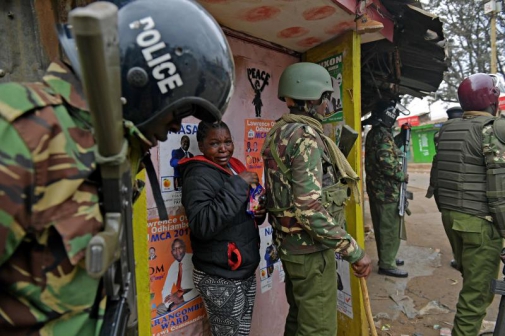
During the post-election violence and its aftermath in 2007, the police force came into sharp focus. There was abundant evidence that the police were not just doing their work of maintaining law and order but became partisan agents of the PNU government under President Kibaki to perpetuate violence and brutality upon innocent Kenyans.
Their conduct was so bad that the commission of inquiry in the post-election violence implicated the police in the violence and killings. The commission and the UN Special Rapporteur recommended serious reforms for the police force. Ten years down the road, Kenyans are asking whether anything has really changed.